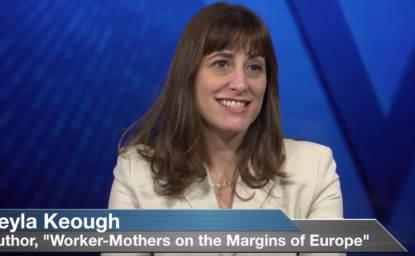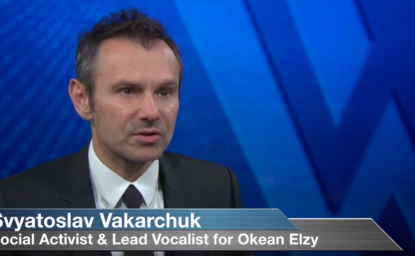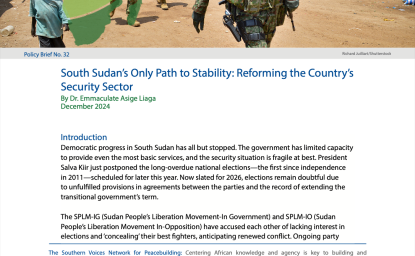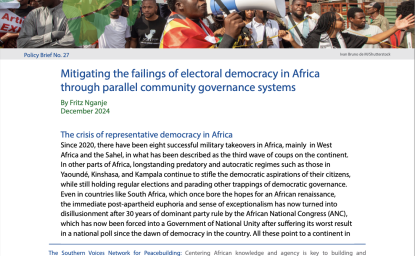Iran after Ahmadinejad: What to Expect From the Presidential Election
Iran's Supreme Leader, Ayatollah Ali Khamenei, has called on all Iranians to vote in Friday's elections. Last minute changes to the field of candidates and new endorsements for moderate candidate, Hassan Rouhani, have created “buzz” according to a journalist in Tehran. Will this late excitement have an impact on voter turnout, and more importantly, on the actual outcome? To gain insight into the field of candidates and the forces influencing the election, we spoke with the Wilson Center’s Middle East Program Director, Haleh Esfandiari.









